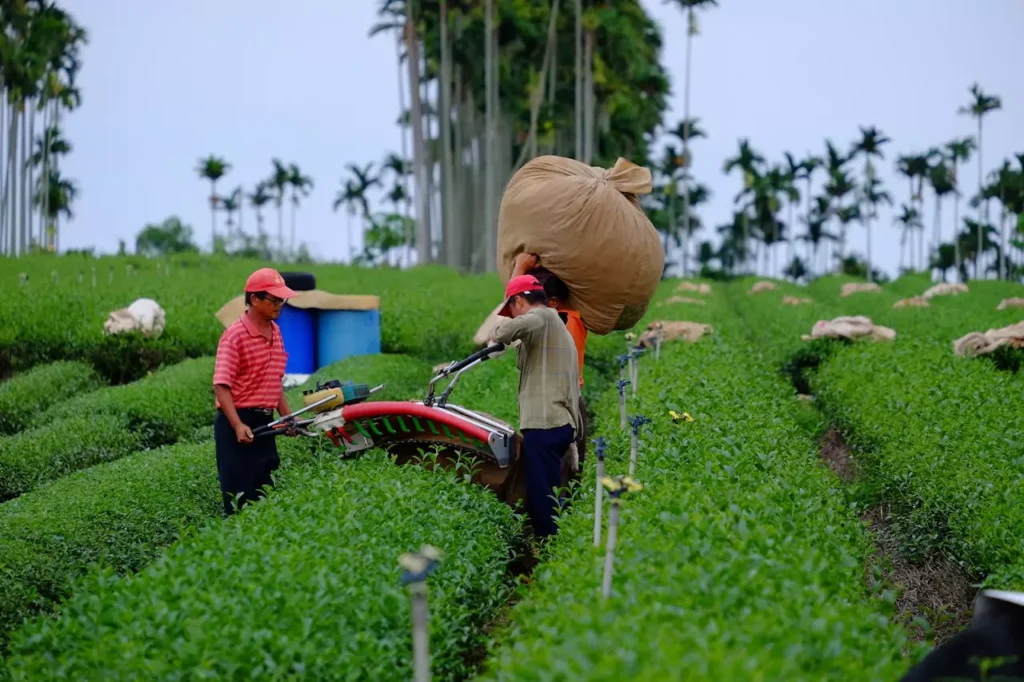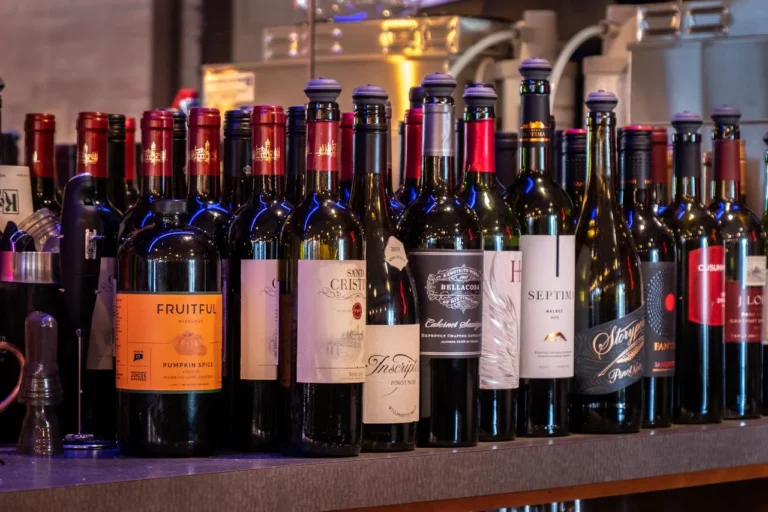
Luciano Nkogo Ndong Ayekaba, Ambassador Extraordinary and Plenipotentiary of the Republic of Equatorial Guinea, recently visited the PhosAgro Educational Centre at the K. I. Skryabin Moscow State Academy of Veterinary Medicine and Biotechnology. During his visit, he explored PhosAgro’s initiatives aimed at training agricultural professionals and learned about the company’s efforts in advancing sustainable agricultural education both in Russia and globally.
PhosAgro’s specialized educational centre at Skryabin Academy, which was inaugurated in 2023, is a state-of-the-art facility designed to provide students with hands-on experience in agricultural sciences. It consists of a network of multifunctional classrooms equipped with modern computers, multimedia tools, and an extensive collection of educational materials. The centre also includes visual aids, samples of fertilizers and feed additives for livestock, a comfortable lounge area, and a well-stocked library. Additionally, a phytolaboratory within the facility enables students to engage in scientific experiments and research, fostering a deeper understanding of agricultural processes.
The PhosAgro Educational Centre at Skryabin Academy is part of a larger initiative to strengthen agricultural education across Russia. To date, 21 such centres have been established at leading Russian universities as part of a nationwide programme aimed at enhancing training for future agricultural specialists. This initiative aligns with PhosAgro’s broader mission to support sustainable farming practices and ensure a well-educated workforce in the agricultural sector.
During his visit, Ambassador Ndong Ayekaba was given a guided tour of an exhibition showcasing Skryabin Academy’s scientific achievements. The tour was led by Sergey Pozyabin, the Academy’s Rector, who highlighted the institution’s contributions to veterinary medicine and biotechnology. He specifically elaborated on the training provided to young veterinarians and biotechnologists in developing high-quality animal feed, a field in which students receive hands-on experience at the PhosAgro Educational Centre.
Rector Pozyabin emphasized the role of Russian higher education in fostering global talent. “Today, Russian education, particularly in specialized institutions like the Moscow State Academy of Veterinary Medicine and Biotechnology, is advanced and dynamic,” he noted. “We place significant emphasis on providing high-quality training for international students. The Academy’s high teaching standards, supportive environment, and advanced infrastructure attract students from all over the world. We are especially grateful to PhosAgro, our key industrial partner, for its active role in training highly qualified specialists for the agricultural sector. Through their advanced educational centres, they are equipping students with the latest knowledge and skills, making a substantial investment in strategic human resources development for agriculture, and ultimately shaping the future of our country.”
Siroj Loikov, First Deputy CEO of PhosAgro, also took the opportunity to discuss the company’s initiatives in Africa, particularly its international humanitarian projects implemented in collaboration with the United Nations Food and Agriculture Organization (FAO), UNESCO, and the International Union of Pure and Applied Chemistry (IUPAC). He highlighted PhosAgro’s critical role in providing high-quality mineral fertilizers to African countries, stating, “PhosAgro is the largest Russian supplier of fertilizers to African nations, accounting for 40% of Russia’s total exports to the continent. In 2024, we increased our shipments of mineral fertilizers to Africa by a third. Our total exports to Africa exceeded 730,000 tonnes this year, marking a 33% increase compared to 2023, when we supplied 548,000 tonnes. However, sustainable development in Africa is not just about fertilizer supply—it also depends on equipping local agricultural professionals with the necessary skills and knowledge. That is why our humanitarian mission is focused on supporting African farmers and young scientists.”
One of PhosAgro’s key humanitarian projects is the Green Chemistry for Life programme, a joint initiative in partnership with UNESCO and IUPAC. This programme awards grants to young scientists conducting research in sustainable agriculture and environmental protection. Over the course of eight rounds, 55 researchers from across the globe have received funding. Notably, over a quarter of the grants have been awarded to scientists from African nations, including Egypt, Kenya, Nigeria, South Africa, Sudan, Tunisia, and Zimbabwe. In addition to direct financial support, more than 200 young African researchers have participated in the PhosAgro–IUPAC Summer Schools on Green Chemistry, furthering their expertise in sustainable agricultural solutions.
PhosAgro Equatorial Guinea’s Ambassador Visits PhosAgro Educational Centre at Skryabin Academy

Beyond academia, PhosAgro is deeply invested in farmer education. In partnership with the FAO, the company trains African farmers to enhance land use efficiency and combat soil degradation. A key component of this effort is the Soil Doctors programme, which has equipped farmers from 20 African countries with over 11,000 soil diagnostic toolkits. These kits enable farmers to independently assess the condition of their fields and determine the appropriate nutrients required to maximize crop yields.
PhosAgro has also played a pivotal role in launching the AFRILAB regional network of soil laboratories, which now includes 220 facilities across 54 countries. These laboratories assess fertilizer quality and soil health, ensuring that African farmers have access to reliable data for informed decision-making. Additionally, the company is committed to improving access to agricultural knowledge through digital education. Its Pro Agro Lectorium platform is a comprehensive online learning hub featuring over 420 lectures delivered by nearly 60 experts, including nine speakers from African nations. These lectures cover various topics, such as agricultural science, agrochemistry, crop and livestock farming, agricultural innovation, and responsible land management. Over the past year, Pro Agro Lectorium has gained international recognition, becoming the official educational platform of the Agribusiness Working Group of the BRICS Business Council and winning a prestigious BRICS Solutions Award.
At the conclusion of his visit, Ambassador Ndong Ayekaba expressed his appreciation for the insights he gained into the latest advancements in veterinary medicine and biotechnology. He highlighted the potential role of PhosAgro’s environmentally friendly mineral fertilizers in strengthening Equatorial Guinea’s food production sector. “In Equatorial Guinea today, we are placing significant emphasis on food production, and the use of PhosAgro’s high-quality, environmentally friendly fertilizers could be a key factor in enhancing our agricultural output,” he stated.
The Ambassador also acknowledged the growing importance of technology in modern agriculture, emphasizing that the effective use of fertilizers must be accompanied by proper education and expertise. “Modern agriculture is becoming increasingly high-tech, and the successful application of fertilizers depends on the right knowledge. In this regard, PhosAgro’s educational initiatives, including specialized university programmes and the Pro Agro Lectorium digital platform, are of immense value. I strongly believe that by sharing knowledge and cutting-edge agricultural technologies, as well as implementing training programmes for farmers, students, and university faculty in Equatorial Guinea, we can significantly improve agricultural efficiency in my country.”
The visit reaffirmed the strong ties between Equatorial Guinea and Russia in the field of agriculture, paving the way for future collaborations in sustainable farming and agricultural education. With PhosAgro’s continued commitment to fostering innovation and knowledge-sharing, both countries stand to benefit from stronger agricultural practices and enhanced food security.




